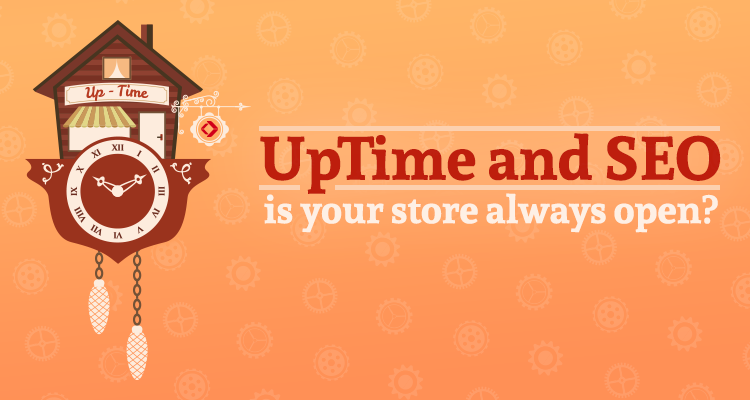Are you a developer or an entrepreneur starting a new ecommerce venture? Or maybe your ecommerce/web app venture has already begun to take off and you want to ensure you get as many visitors as possible? Is your knowledge of all aspects of SEO (search engine optimization) not as great as you’d like? Then read on, this post is for you and contains tips that will be useful.

A shop that’s open when customers come to buy things get more visitors and sell more. Simple logic, right? This is, of course, true for online shops as well. Being open all the time enables you to sell products whenever the customer wants to buy them, this goes without saying.
Many of us spend a lot of time optimizing our sites for search engines (i.e. working with SEO). Some of us even hire agencies to help us out. We put down a lot of hours structuring our sites the right way, creating the right content, building links and more. All to appease the mighty googlebot (the program google uses to index sites). We do this because we know that each position we can rise in the search results means a lot more visitors and thus more revenue.
However, if our uptime is bad, all the SEO work may be to no avail and we may lose our customers to the competition. Uptime happens to be one of the most important factors when google ranks websites.
When googlebot indexes websites it adds them to its regular crawling. This means that google will test load pages from your site regularly. The more popular the site is, the more often google will crawl it. If many pages or the whole site is often unavailable or extremely slow, google will deem it unreliable and you will lose rank. Google is not entirely unfair, it tests every site several times at different points in time. If your site is still down after several attempts to crawl it, google will remove you from their index. And then you have to do the SEO work all over again, all the while losing revenue and customers to your competitors.
It’s safe to say that uptime is a very important factor for any serious e-commerce enterprise. So, what can you do to ensure a high uptime? There are actually several measures you can take, we’ve taken the liberty of listing some of them for you as inspiration.
A few suggested measures:
-
Make sure your website is carefully built, and update it on a regular basis. If you are a little bit uncertain about the code, it may be a good idea to hire a pro.
-
Monitor your uptime and quickly take action if your site goes down. You can use any uptime monitoring service that can send you alerts.
-
Monitor and measure your response time often. There are many different services on the web that helps you with this.
-
If you need to take down your site, use the proper server error codes. Don’t just put up a message saying “Sorry, down for maintenance” since this could get indexed instead of your actual site. Use proper error pages and a status page service where your visitors can get more information.
-
Use Google Webmaster Tools and check that your pages aren’t listed in the crawl errors section.
-
Beware of expiring domains, expiring SSL certificates or any other occurrence that will alter your website in an unwanted way.
-
Make sure you have a reliable hosting provider with a good Service Level Agreement (SLA)
If you take these measures and choose your cloud service carefully, you will have as high uptime as is humanly possible. It may take a little bit of work, establishing the right routines and creating the necessary resources (error pages for instance), but once everything is in place you will actually save yourself a lot of unnecessary work. And all your other SEO efforts can keep yielding results.
Stay tuned to this blog for more useful tips and bits of information that may help you in making the most of your online business.
